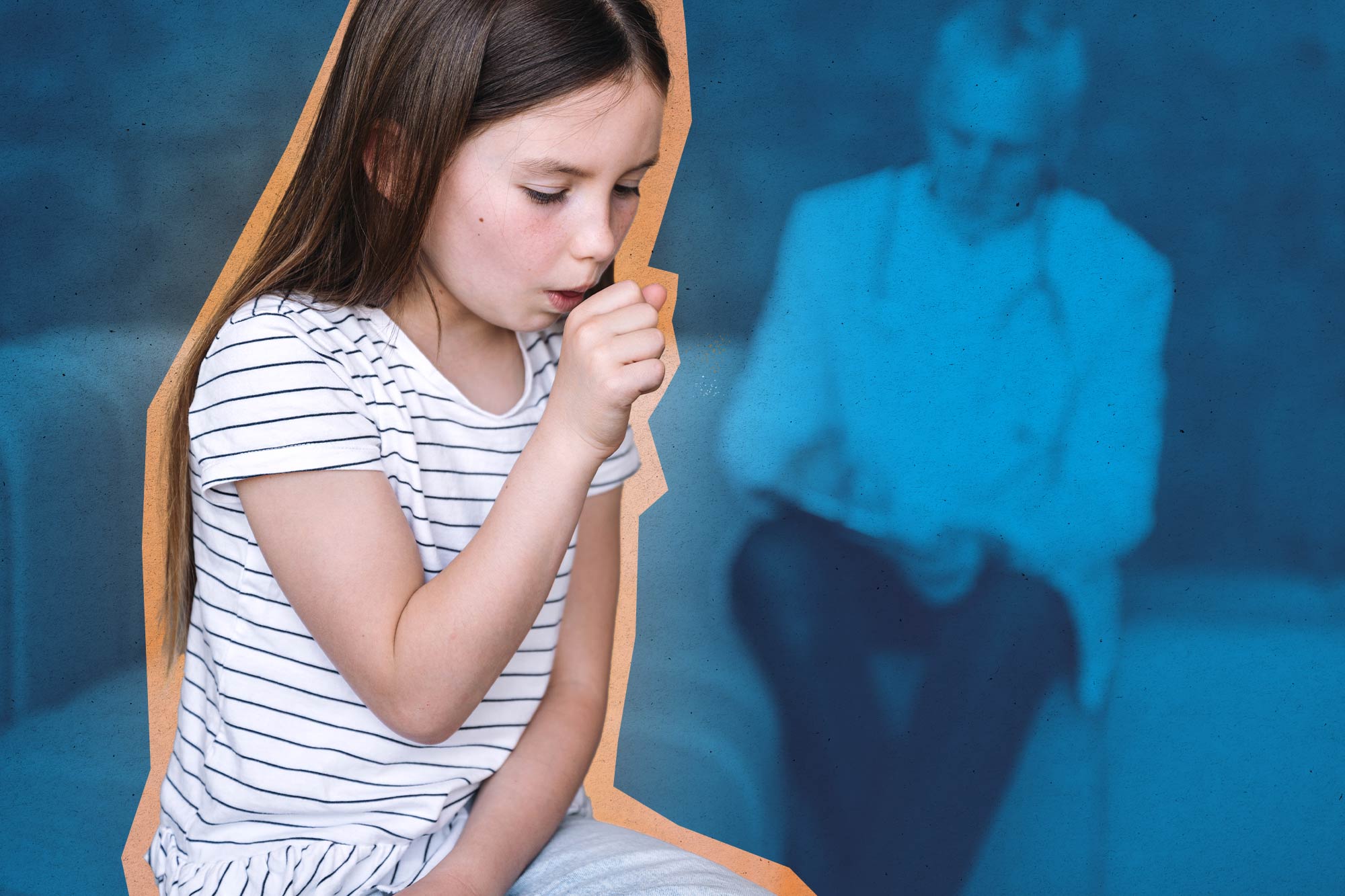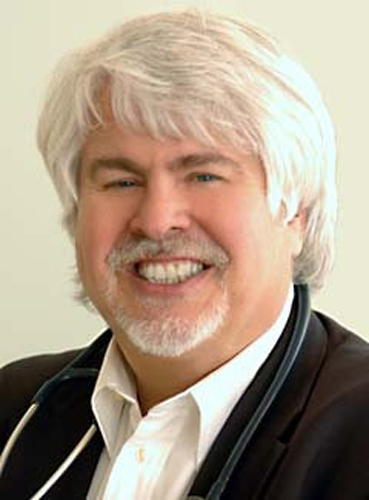Nearly a quarter of children with recurrent wheezing have “silent” lung infections that would be better treated with antiviral medications than commonly prescribed steroids that can carry lifelong side effects, new research from the University of Virginia School of Medicine reveals.
The discovery came after pediatric pulmonologist Dr. W. Gerald Teague was inspired to investigate a large numbers of children with stubborn wheezing cases referred from community providers and through the UVA Health Emergency Department.
Knowing that rhinoviruses – the main cause of the common cold – can trigger wheezing episodes, Teague wanted to see if there was a link between the recurrent wheezing and “indolent” lung infections – infections that can carry no symptoms and persist for long periods.
After screening more than 800 children and teens with severe wheezing, he and his collaborators determined that 22% had undetected lung infections that did not display typical cold symptoms. The infections do not respond to corticosteroids commonly used to treat wheezing. In fact, the researchers found that higher doses of the steroids may put children at increased risk for lingering lung inflammation, in addition to known side effects such as irritable behavior, reduced bone density and suppressed growth.






